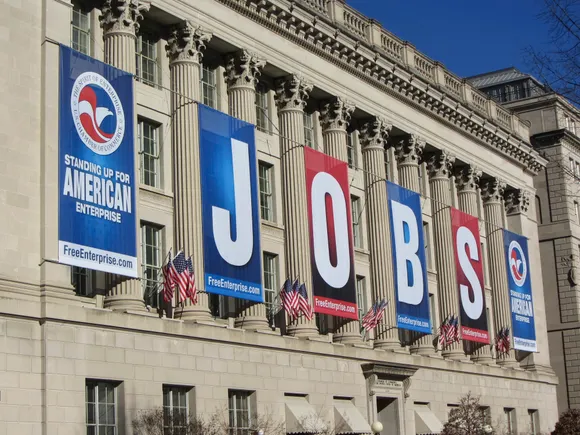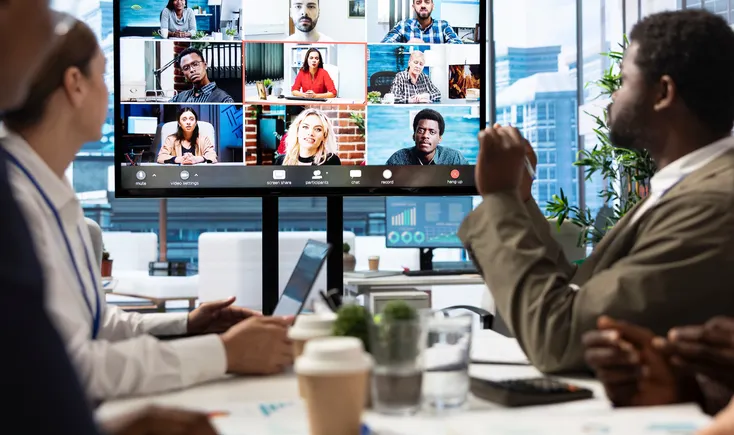As Americans report surging levels of loneliness, 57% of workers would work at a job 10% below market rate — even over a job at 10% above market rate compensation — in exchange for working with close friends, according to a Sept. 9 report from KPMG, an audit, tax and advisory firm.
Notably, close friendships appear to be growing in importance, with 87% of employees rating them as highly valuable, increasing from 81% in November 2024.
“Working with friends or having a higher salary, of course the answer is ‘both,’” Sandy Torchia, KPMG’s U.S. vice chair of talent and culture, said in a statement. “This finding underscores that as talent leaders navigate disruptions from AI and economic uncertainty and create competitive compensation and benefits packages, we cannot miss the importance of fostering workplace friendships, which are critical for a healthy, engaged and productive workforce.”
In today’s environment, the workplace may feel less friendly as employees lean away from making friends at work, according to Glassdoor polls. Respondents said remote work, high turnover and layoffs have made it harder to make and keep friends at work.
However, HR pros can help employees rebuild social capital and connection in the workplace, which are key for retention, a people and organizational performance expert at McKinsey told HR Dive. Connection can encourage “stickiness” that keeps workers from “jumping ship,” she said.
In the KPMG survey of more than 1,000 full-time professional employees, 45% reported feelings of isolation and loneliness in the workplace, nearly doubling from 25% in 2024. Remote employees and those in telecommunications, media and tech reported the highest loneliness levels.
Workers said the top professional benefits of close work friendships include increased productivity and motivation to surpass job requirements. Companies with strong ratings across five domains — work friendships, salary, work-life balance, learning opportunities and company culture — could increase their preference among job candidates by 28 points above the market average, the report found.
Emerging technology can enable new forms of workplace connection but potentially hinder relationship-building, KPMG found. For instance, 99% of respondents expressed interest in an AI chatbot that could become a close friend or trusted companion at work, and 98% want AI systems that suggest co-workers based on shared interests. However, half said technology can create false connections and replace deep conversations with superficial interactions.
Employers can play a role in fostering relationship-building environments, the report found. Nearly 9 in 10 workers said company-facilitated personal interactions are “very important,” increasing from 2024. In addition, 87% said friendship-enabling cultures are crucial for retention, and 90% said the same for recruitment.
Beneficial relationship-building initiatives foster informal social interactions, survey respondents said, often through team-bonding activities and employee clubs or groups.
“The future belongs to organizations that engineer conditions for humans to thrive at work,” Torchia said. “We’re moving beyond hoping friendships happen organically to deliberately designing systematic opportunities for deep professional relationships. This can help unlock collective human potential.”






Leave a Reply